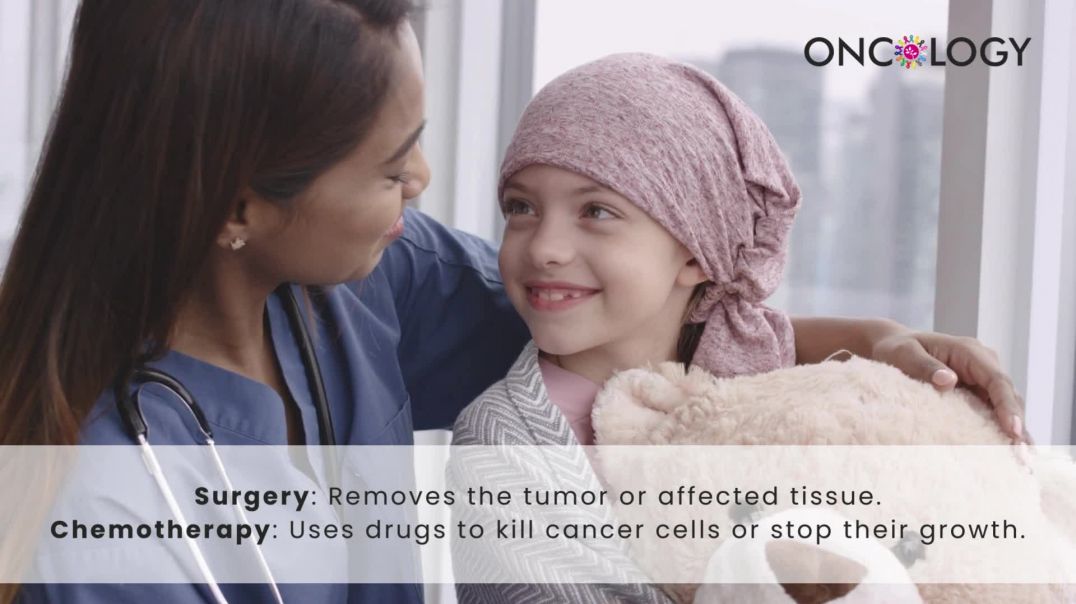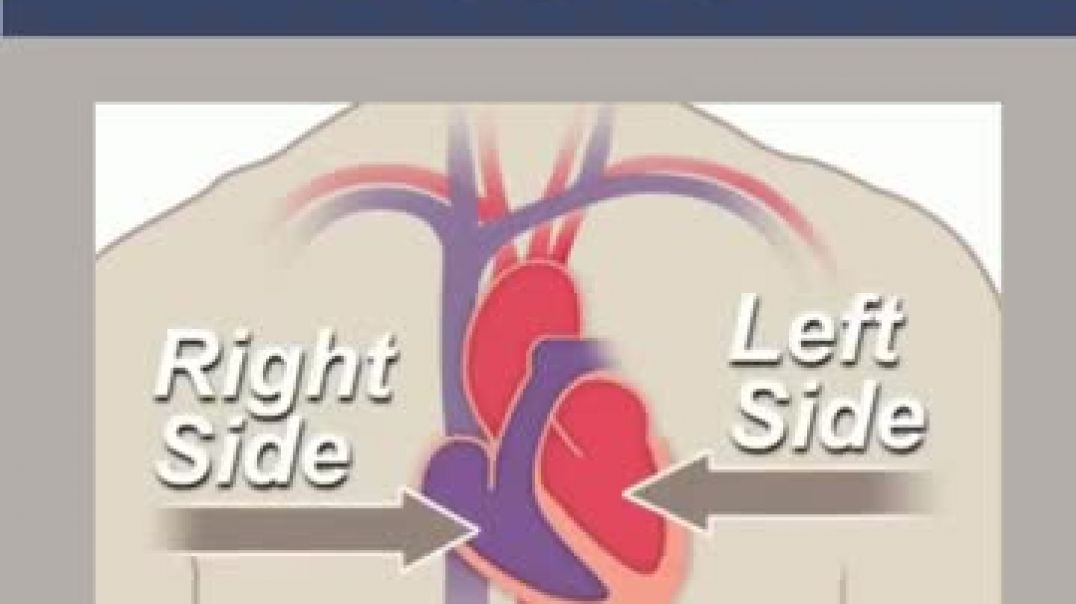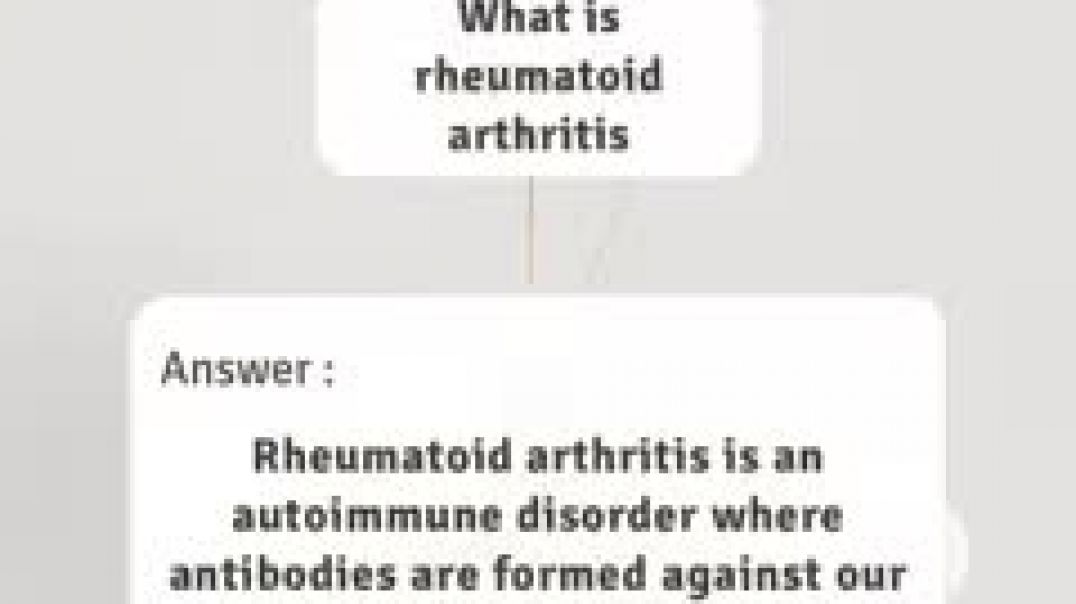Testicular Cancer Treatment
Related Videos:
Testicular Cancer - An Overview
https://youtu.be/e49g5KlnMXA
Symptoms Of Testicular Cancer
https://youtu.be/1PSHSX_Z3AE
Testicular Cancer Treatment
Happily, a number of effective treatments have been developed for testicular cancer in the last few decades. Generally speaking, testicular cancer treatment includes the same options as many other forms of cancer: surgery, radiation, or chemotherapy. The treatment depends on the type and stage of cancer, along with the patient's overall health, and personal preferences.
Surgery
Surgically removing the cancerous testicle is the primary treatment. This is true in all stages of the disease. The testicle can be replaced with a prosthesis, if the patient wishes. In early-stage testicular cancer, removal may be all that's needed.
In some cases, it's also necessary to remove nearby lymph nodes. This is done through an incision in your abdomen.
In surgery-only cases, the patient can expect a series of follow-up appointments every few months, and less frequently as time goes by. These follow ups will include blood tests, CT scans and other procedures to make sure cancer has returned.
Radiation therapy is appropriate in certain cases, especially for those who have the seminoma type, which grows slowly in the cells that produce sperm. Your doctor may also recommend it after surgery to remove a testicle.
Radiation therapy employs high-powered, precisely pinpointed energy beams to kill cancer cells. Some side effects may occur, including
* nausea
* fatigue,
* skin redness or irritation in the lower abdomen and groin
Radiation treatments may also reduce sperm counts and fertility.
Chemotherapy, as the name implies, relies on chemicals to destroy cancer cells. Chemotherapy side effects depend on the specific drugs being used, but often include
* fatigue,
* nausea,
* hair loss
* increased risk of infection.
As with radiation, chemotherapy may also lead to permanent infertility, but this is not the case for every patient.
Compared with other types of cancer, testicular cancer is fairly rare. Males between the ages of 15 and 35 are most at risk. Researchers have not yet been able to determine the exact causes.
I've produced several other videos on this topic. You can watch them by clicking on the links above.
-
Category

















![Actinic Keratosis Treatment and Cancer Potential - Eyelid, Face, and Neck [Dermatology Course 32/60]](https://i.ytimg.com/vi/ffcHWDpKZqQ/maxresdefault.jpg)




No comments found